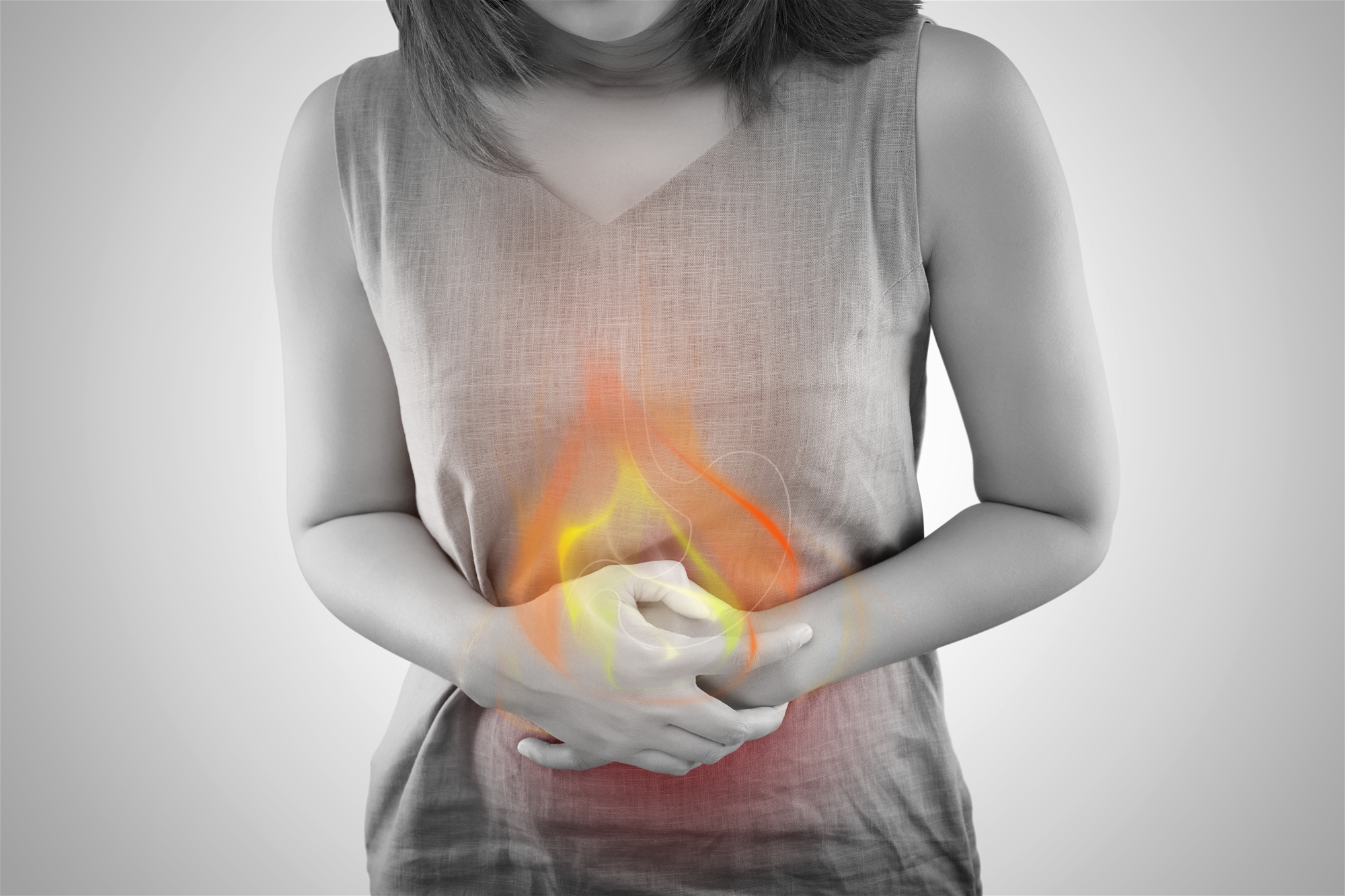What is gastroesophageal reflux disease?
Gastroesophageal reflux disease refers to the condition when the cardia connecting esophagus and stomach fails to operate normally, causing gastric acid, digestive fluid and food in the stomach to reverse direction to the esophagus and resulting in inflammation with esophagus mucosa.
What are the symptoms?
Typical symptoms include burning sensation in the chest and stomach fluid reflux; non-typical symptoms include pain in chest, continuous sensation of foreign objects in throat, obstruction, or coughing. A small number of people will have bad breath and acidic fluid in the mouth. Some people could even infuse food, stomach acid and gas and reflux to the mouth, similar to rumination.
Gastroesophageal reflux disease will cause inflammation with esophagus mucosa. Patients will also experience ulcer once the inflammation prolongs over long time. Very few people suffer from esophageal cancer due to long-term inflammation and ulcer in esophagus mucosa.
Causes of gastroesophageal reflux disease
Gastroesophageal reflux disease sometimes is normal phenomenon. For example, hiccups after having a full meal are not harmful for the health. The abnormal gastroesophageal reflux is caused by two main reasons:
- Excess gastric acid: Related to improper diet, stress, and helicobacter pylori infection.
- Esophageal sphincter achalasia: Commonly seen in elderly and obese people.

When do see a doctor?
If the patient continues to experience burning in chest or difficulty with swallowing, the patient is advised to take the examination at the hospital for more information. It is notwithstanding that in case the patient experiences severe chest pain with complications in breathing difficulty, lower-chin pain and arm pain, the patient needs to seek for medical treatment immediately because the chest pain could be warning for myocardial infarction.
To clarify if the patient has digestive diseases, the doctors may arrange for upper GI series, endoscopy (namely gastroscopy), and 24-hour acid-base tester.
Treatment
Patients with mild gastroesophageal reflux disease may alleviate the symptoms through medication and improving lifestyle, such as weight loss, smoke and alcohol cessation, small portion and multiple meals, do not lie down in 2 hours after meal, wear loose clothing, cut down carbonated drinks, and do not eat dinner at late hours. The patient may also adopt endoscopic therapy to solve the problems with esophageal sphincter achalasia.
If the condition becomes too severe or if the symptoms could not be alleviated through medication, patients may need to consider a surgery to fold and overlap the upper stomach on the lower esophagus, providing some stress to keep the sphincter closed.
Reminders
The treatment for gastroesophageal reflux disease with long-term medication could lead to risks of osteoporosis and bone fracture in the future. It is suggested to consult with physician’s opinions for long-term medication, and delay the time interval for medication. Patients should regularly take calcium, keep balanced diet, and exercise regularly.

